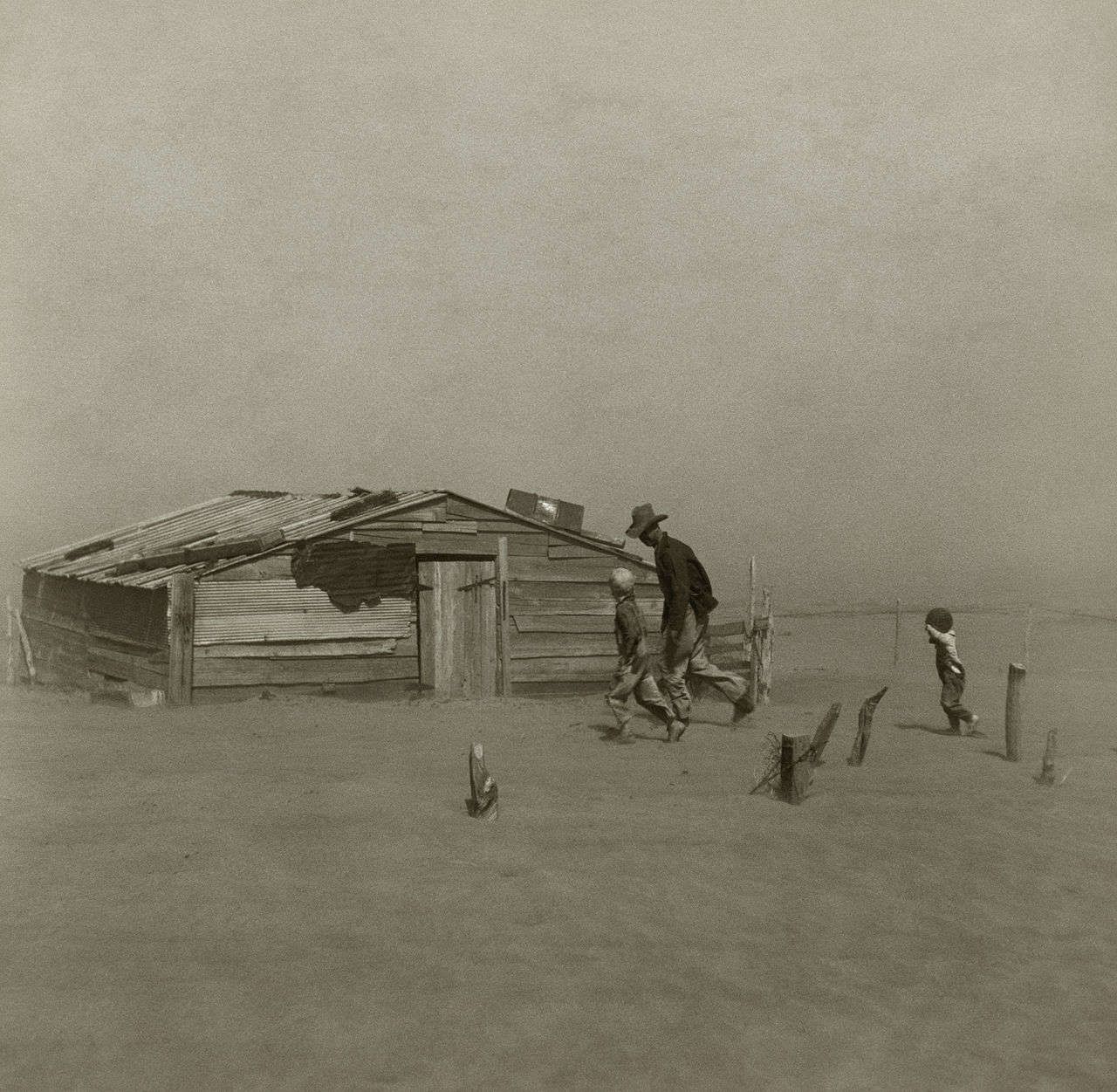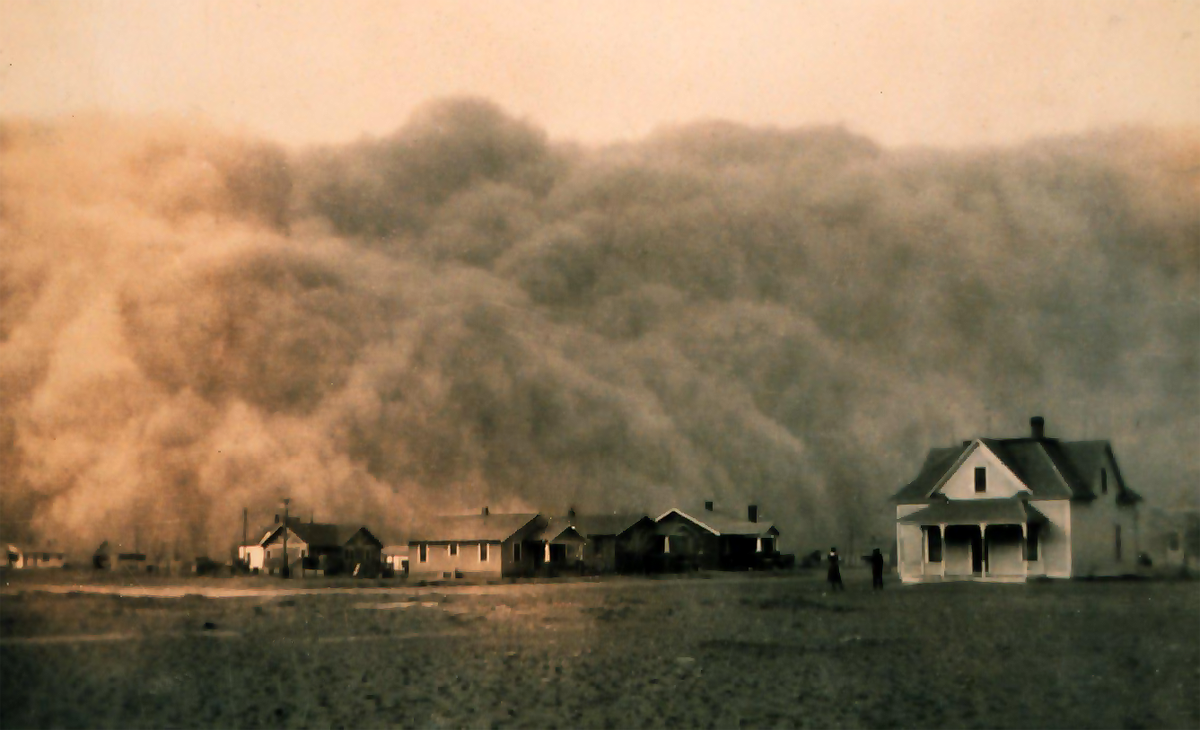Gig-economy riders in Spain must become staff within 90 days under new rule

© Reuters/Albert Gea FILE PHOTO: Glovo deliver rider passes by a pedestrian area in Barcelona
MADRID (Reuters) -Food delivery companies based in Spain have three months to employ their couriers as staff under new rules approved on Tuesday by the government, one of the first laws in Europe regarding gig-economy workers' rights.
The decree aims to clarify the legal situation of thousands of riders after Spain's Supreme Court ruled last year that companies must hire them as employees.
"The regulation approved today ... places us at the forefront of a technological change that cannot leave labour rights behind," Labour Minister Yolanda Diaz said.
A debate on how to regulate workers' rights in the gig economy is unfolding globally. The European Commission has opened a public consultation period on potential EU-wide rules.
The new Spanish rules came into force immediately, with companies being given 90 days to comply. According to the labour ministry's calculations, nearly 17,000 riders without a contract have already been identified.
Uber criticised the new regulation
"This regulation will directly hurt thousands of couriers who use food delivery apps for much-needed flexible earnings opportunities and made it clear they do not want to be classified as employees," a spokesman said.
"The decree approved today by the cabinet is a hard blow for the future of the digital economy in Spain", according to Adigital, a business industry association that represent gig economy companies including Spanish start-up Glovo and Deliveroo.
Although the legislation makes it harder for companies to have freelance couriers, closing the door on a common practice, several riders' associations and labour experts have said it does not completely resolve their legal situation, anticipating further potential court battles.
In any case, most delivery companies have already started preparing for the change, looking for new business models that will allow them to be profitable.
Just-Eat, the Spanish branch of Take Away, has already hired some of its workers and covers peak demand with workers from transport companies.
Others, such as Glovo, have opted to hire some riders through temporary employment agencies, according to riders.
The government also approved new rules obliging companies to explain to their staff how their workload-sharing algorithms work.
This transparency requirement will affect all platforms, not just food delivery companies.
"Workers have the right to know what motivates business decisions," said Diaz. "Algorithms are going to be put at the service of the majority."
(Reporting by Belén Carreño and Joan FausWriting by Belén CarreñoEditing by Ingrid Melander and Estelle Shirbon)
Spain adopts landmark law to protect 'gig' delivery workers
MADRID (AP) — Spain approved a pioneering law Tuesday that gives delivery platforms a mid-August deadline to hire workers currently freelancing for them and that requires transparency of artificial intelligence used to manage workforces.
© Provided by The Canadian Press
The royal decree passed by the center-left ruling coalition immediately affects some 30,000 couriers. It comes in the wake of a ruling by Spain’s top court last year and at a time when other countries in Europe and elsewhere are deciding on a labor model for the so-called gig economy, which is often blamed for precarious jobs and low salaries.
That's because, until now, gig and other contractor workers had to pay social security fees from their own pockets if they wanted to receive benefits including unemployment subsidies and a public pension.
App-based food delivery businesses say that the law threatens a 700-million-euro ($851 million) industry in Spain, and some of the couriers took to the streets on Tuesday in different cities because they say that remaining self-employed benefits them.
Francisco López, 37, said he was making 2,400 euros ($2,900) per month working an average of seven hours every seven days of the week, more than he could have made at his previous job at Barcelona.
“A lot of us have families and children. By working for more than one company we can adjust our schedule. The rates are currently not the best, but they do offer us an economic cushion,” said López, who has managed to send remittances to his relatives in Colombia during the pandemic.
But Labor Minister Yolanda Díaz said Spain was “at the vanguard” in taking legislation on the relationship between delivery platforms and their workforce.
“The world is looking at us,” Díaz told reporters following a weekly Cabinet meeting and adding that it reflected the “new winds” that, across the world, deliver welfare to citizens.
In the United States, Joe Biden’s government has rolled back on a rule from his predecessor’s administration that would have made it easier to classify workers as independent contractors, blocking a change supported by delivery and ride-hailing services. The executive branch of the European Union is also currently consulting with the public on potential rules that could be applied across the bloc.
The Spanish government’s decree doesn't need parliamentary approval and is the result of an agreement with the country’s main workers’ unions and industry associations, although smaller groups representing the interests of the food delivery platforms claim they have been sidelined in the negotiations.
APS, which groups on-demand service providers Deliveroo, Stuart, Glovo and Uber Eats, the main players in the food delivery market, condemned the government's move.
“While Spain claims to be a start-up nation, this is the first law in Europe that forces a technological company to disclose its algorithms,” said APS in a statement.
During negotiations, the government agreed to initially restrict the need for work contracts to delivery companies operating digital platforms. That leaves out the domestic care and cleaning services industries where the gig work model is also spreading.
The law makes mandatory for all businesses the ground-breaking requirement of having to hand over to the workers’ legal representatives information about how algorithms and artificial intelligence systems function in assigning jobs and assessing performance, among other aspects.
“Workers cannot lose their soul on the keyboard of our laptops or on electronic gadgets,” Díaz said.
Uber said that the regulation would hurt the couriers "who use food delivery apps for much-needed flexible earning opportunities” and also the restaurant industry in Spain which, amid the coronavirus pandemic, is increasingly relying on delivery to make ends meet.
“We want to be a long-term partner to Spain and are exploring different options to adapt our delivery business to the new regulation,” the company said in an e-mailed statement.
Some of the associations representing “independent couriers” wrote to the European Union’s Job Commissioner Nicolas Schmit calling for the Spanish law to be paused until the bloc has come up with a standardized framework.
Four of the associations said that a model that requires companies to give them contracts could lead to the loss of 23,000 of some 30,000 existing jobs.
But the general secretary of UGT, one of Spain’s main workers’ unions, said the riders protesting against the law were controlled by the platforms and that the law was meant to protect labor rights across the board.
With the law, Pepe Álvarez told public broadcaster TVE, “workers are going to win, the social security system is going to win and the country is going to win."
Díaz also dismissed the criticism: “Just as workers shouldn't fear advances in technology, companies shouldn't fear labor rights," the minister said when asked at a press briefing following the weekly Cabinet meeting.
Spain’s Supreme Court ruling last year said that there was a “presumed work relationship” between a delivery worker and Glovo. The ruling sent ripples across the industry, with the judges concluding that the platform couldn’t be deemed just as an intermediary.
Dani Gutiérrez, a 29-year-old member of the “Ridersxrights” association who has failed to receive work from food delivery platforms after striking and protesting against their labor conditions, welcomed the new law but said that it lacked ambition.
“It should have gone much further, beyond the riders, because the working class is being pushed to precarious conditions through this type of collaborative economy, with fake freelancers and so on," Gutiérrez said.
__
AP journalist Renata Brito reported from Barcelona, Spain.
Aritz Parra And Renata Brito, The Associated Press







 © Provided by Edmonton Journal Former EPS constable Katherine Nelson, seen in an undated photo.
© Provided by Edmonton Journal Former EPS constable Katherine Nelson, seen in an undated photo.
















